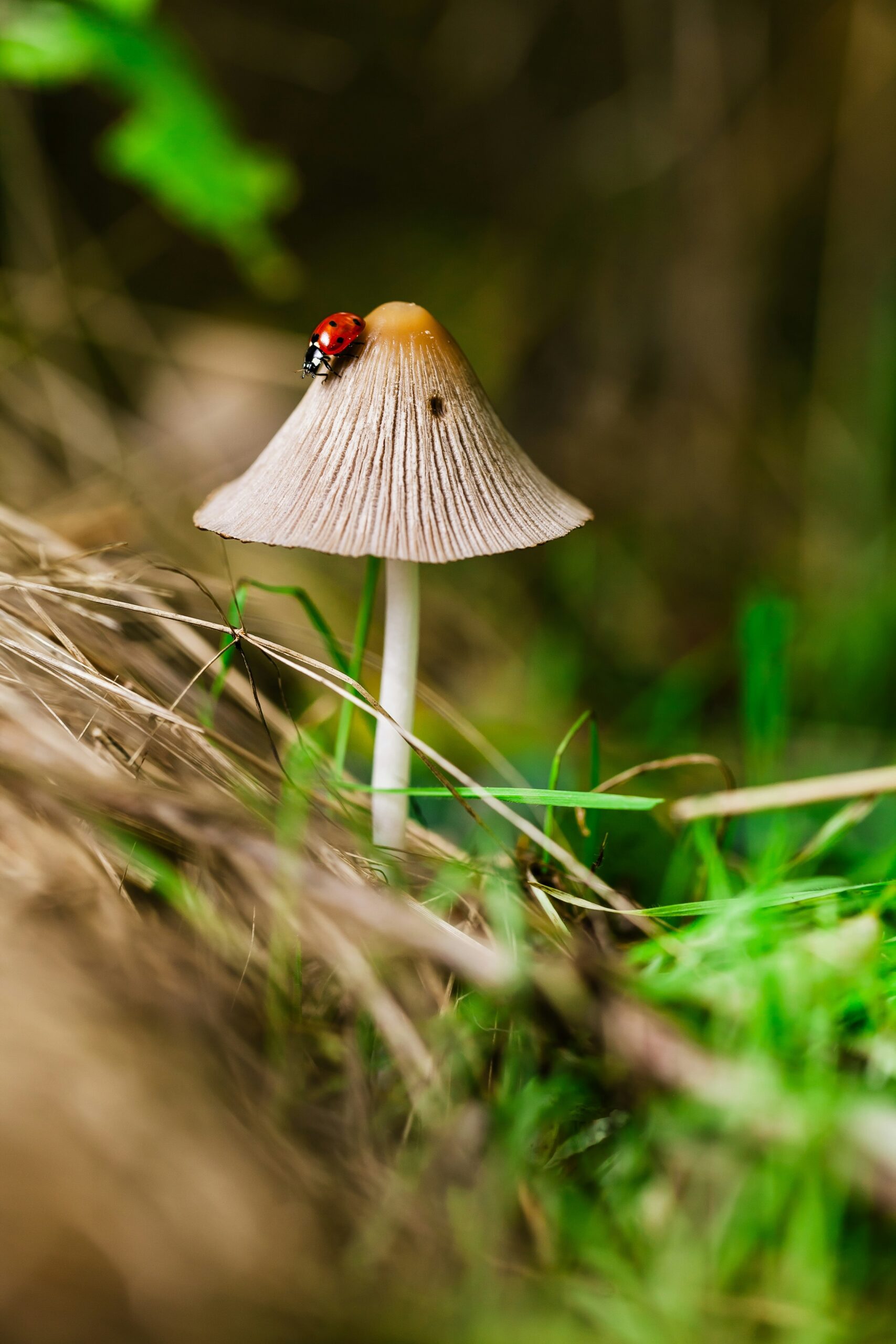Fix PMS Yourself

PMS affects at least 75% of women. That’s right, the majority of women are feeling it. Of these some suffer more than others. Twenty percent of women with PMS require regular interventions with medication. Eight percent have symptoms so severe they are now labeled with premenstrual dysphoric disorder (PMDD).
What is the underlying cause of PMS?
PMS is not inevitable. It does not require medical intervention in most cases especially if we address the root cause. Are our bodies so flawed that we need ongoing medication to manage monthly symptoms? Hell no.
What I learned first from my mother and from my education is that our bodies are extremely intelligent. I love working with women in clinic. So much about their overall health is gleaned just from the specifics of our cycles. This is true even if a woman is no longer menstruating.
Symptoms associated with PMS include: irritability, depression/anxiety, headaches, mood fluctuations, fluid retention, bloating, breast tenderness, sugar cravings,and insomnia.
The number one cause of PMS is excess estrogens being recycled through the body because the liver is overloaded by stressors and the gut is not able to help in eliminating these properly so they recirculate. A diet that includes industrial raised meats and dairy contributes. Environmental toxins also play a major role.
“Isn’t this just part of being a woman?”
No its not and you shouldn’t have to suffer. What big pharma wants you to do is use birth control pills, antidepressants & NSAIDs like Advil. If you are diagnosed with PMDD you may be prescribed Danazol. Sounds like it comes with sparkles, doesn’t it? What it actually does is suppress ovulation. I personally enjoy ovulation and wouldn’t want that to be taken from me. It also increases facial hair, acne, and can deepen your voice.
An expensive drug that affects gonadatropin-releasing hormone (GnRH) is emerging. It changes brain chemistry to turn off the ovaries’ production of estrogen and progesterone. Osteoporosis is a side effect. Diuretics are used to treat fluid retention. A drug called Bromocriptine is used to stop prolactin production and is used to treat breast tenderness. Seriously? In one cycle we can resolve breast tenderness easily without a drug that inhibits an important hormone.
Dr. Mark Hyman highlights that PMDD was created at the same time that the patent on Prozac was running out. Prozac is now called Sarafem (really?! Sara Fem?) and has a new indication. That’s right folks. Prozac has a new name and is being used to treat the new disease PMDD.
I’ve worked with patients who have declined the oral birth control pill and antidepressant offered to them by their doctor. Instead we make a few changes and symptoms resolve usually within a couple of cycles.
What Can You Do?
1. Move your body. This includes anything you feel better during and afterwards. Consensual sex is highly indicated along with dancing, trail walks, cycling, swimming or any sport you enjoy. Strength training gives you the most bang for your buck when it comes to hormone health.
2. Love your liver with a diet rich in colourful vegetables. Grow your own or have your local farmer do it for you. Eat grass-fed and nose to tail as this balances the amino acids that support both phases of liver detoxification. Reduce caffeine as this does the opposite.
3. Eliminate excess estrogens from your diet and environment. Clean out your bathroom and kitchen! This is where we have power to create change. The largest unregulated source of pollutants is right in your home. If you can’t read the label and wouldn’t eat most of what you can read, don’t use it.
4. Do less, say no & other stress management tools that induce a sense of relaxation. Meditation is profoundly helpful and is supported in the medical literature as being a key factor in health. Do what you love. Love who you love & give to what is creating positive change in this beautiful world.
5. Eat for your gut health and especially support your colon so your liver doesn’t have to work as hard. If you need help then reach out. Functional medicine testing helps pinpoint gut infections and imbalances so you can feel better.
Other Supports
I don’t recommend taking a bunch of supplements without testing or working with a licensed practitioner. However there are a few that are safe and worth integrating into your diet. Of course, eliminating refined foods and those with poor nutrients density is important.
Phytoestrogens block the receptor sites for the unhealthy estrogens so they can’t accumulate. Ground flax seeds support your colon and are a phytoestrogen! I love the dual action.
Magnesium in the glycinate form helps with muscle relaxation. The uterus has a lot of muscle tissue. Keep in mind that the heart does too and these two organs are intimately related. Care for both.
Healthy fats especially omega 3’s from diet and supplemental evening primrose oil for its gamma-linolenic acid (GLA). Omega 3’s are found in grass fed meats and wild fish. These are both naturally anti-inflammatory.
Related Posts
 Psychedelics for Women’s Health
Psychedelics for Women’s Health
 Protein & Hormones for Healthy Weight
Protein & Hormones for Healthy Weight




